Opis
Cultural Issues in the Matrix of Applied Linguistics
Wydawnictwo Uniwersytetu Gdańskiego
Autor: Hadrian Lankiewicz, Gabriele Blell, Urlike Altendorf
Humans have a powerful tool for enacting the world – language, or more precisely languaging – the ability to operate a general semiotic system rather than a particular language (cf. Lankiewicz and Wąsikiewicz-Firlej, 2014). However, human existence is intricately interwoven with processes of signification in all imaginable fields, hence languaging is inherently related to culture and thinking. The theory of linguistic relativism, sometimes referred to as Whorfianism, which maintains that people’s perceptions are relative to their spoken language, is celebrating a revival at the turn of the twenty-first century and finding new elaboration in contemporary language studies (e.g. Lantolf, 2000). Thereby, convinced of the significance of discursive activities (Jørgensen and Phillips, 2002), perceived as the matrix of human endeavours, the editors of the present volume submit a series of chapters pertaining to cultural issues imbedded in language.
The present volume is the result of a seminar (of the same title as this volume), which was held on 23 October 2019 at the John F. Kennedy Institute for North American Studies at the Freie Universität Berlin and organised by the Institute of Applied Linguistics at the University of Gdańsk, in cooperation with Leibniz Universität Hannover and Adam Mickiewicz University in Poznań. The primary intention was the preparation and publication of this monograph. The concept is based on the idea of tutoring, close cooperation between experienced mentors and students planning their prospective academic careers. Therefore, the main authors of the chapters are students and their names appear first, but so significant is the support of the mentors on the conceptual research and editorial level that their contribution deserves proper acknowledgement.
From the Introduction
Contents
Acknowledgements . .. 8
Introduction . . . 9
Chapter one
by Małgorzata Zabokrzycka and Małgorzata Godlewska
A contrastive analysis of Polish and German audio-visual translations
of idiomatic phrases in Monty Python sketches . . 15
Chapter two
by Ewa Ulrich and Magdalena Grabowska
Renegade minds think alike? A sociolinguistic comparison
of the English, German and Polish literary anti-hero of the 1960s
as exemplified in selected literary works of the period . . . 53
Chapter three
by Aida Jalanesh and Ulrike Altendorf
Politeness strategies across cultures: How L1 speakers
of English, German and Persian encode politeness in English . . . . 99
Chapter four
by Magdalena Jaszczyk-Grzyb and Anna Szczepaniak-Kozak
A study of hate speech expressed in graphical form
with a view to general and pedagogical applications . . . 135
Chapter five
by Jana Oldendörp and Gabriele Blell
Multilingualism in the German EFL classroom:
Students’ strategy use . . .. . 167
Chapter six
by Matylda Krajewska and Hadrian Aleksander Lankiewicz
Language beliefs and their influence
on the process of language learning . . . 211

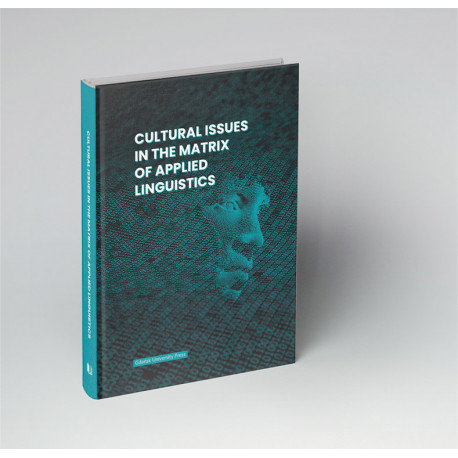
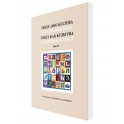
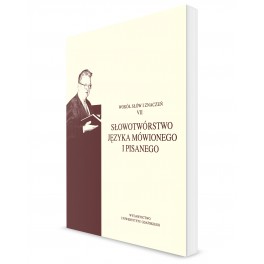
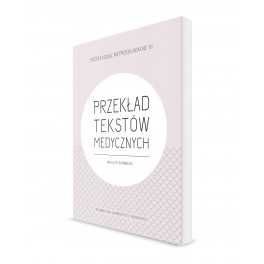
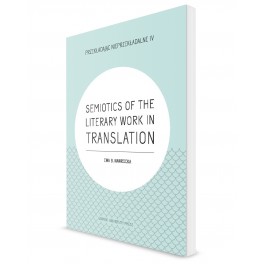




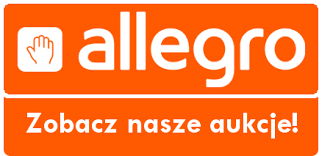
Opinie
Na razie nie ma opinii o produkcie.